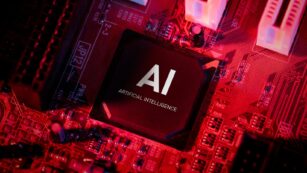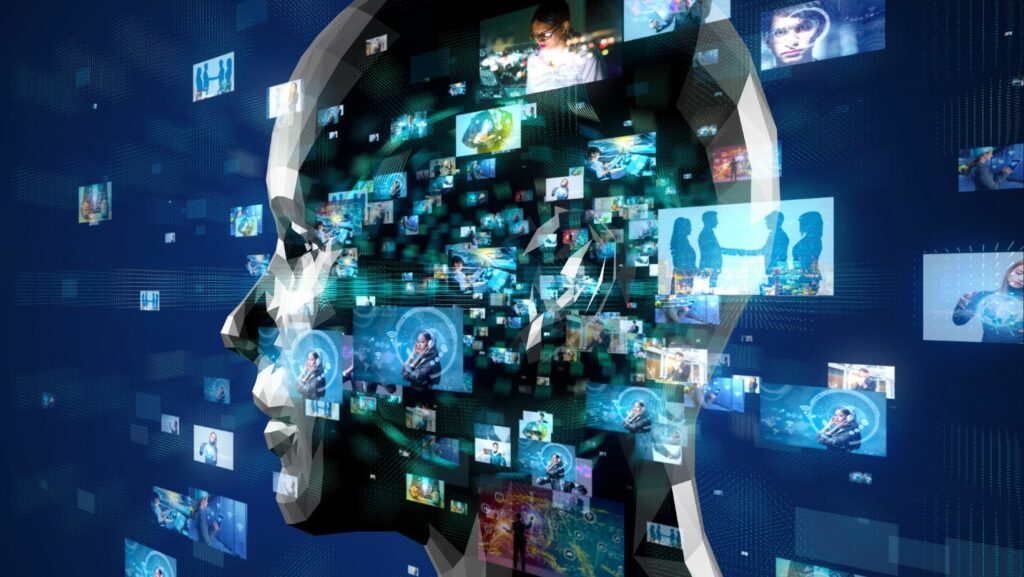In the rapidly evolving world of technology, terms like data science, machine learning, and artificial intelligence (AI) often intertwine, leading to confusion about their distinctions and connections. These fields, while interconnected, each play unique roles in the way we analyze data, automate processes, and innovate across industries. Understanding the nuances between them is crucial for anyone looking to navigate the tech landscape, whether they’re aspiring professionals or seasoned experts seeking to deepen their knowledge.
Data Science vs Machine Learning vs AI
 In distinguishing data science from machine learning and AI, it becomes clear that each occupies a specific niche within the broad spectrum of technology and innovation. Data science serves as the overarching framework, utilizing various methodologies to extract insights and knowledge from data. Machine learning, a subset of data science, focuses on the development of algorithms that enable systems to learn and improve from experience without being explicitly programmed. AI, on the other hand, endeavors to simulate human intelligence in machines, aiming for them to perform tasks that typically require human cognition. Together, these disciplines form a symbiotic relationship, driving advancements in tech by leveraging data to automate processes, enhance decision-making, and create intelligent systems capable of learning and adapting.
In distinguishing data science from machine learning and AI, it becomes clear that each occupies a specific niche within the broad spectrum of technology and innovation. Data science serves as the overarching framework, utilizing various methodologies to extract insights and knowledge from data. Machine learning, a subset of data science, focuses on the development of algorithms that enable systems to learn and improve from experience without being explicitly programmed. AI, on the other hand, endeavors to simulate human intelligence in machines, aiming for them to perform tasks that typically require human cognition. Together, these disciplines form a symbiotic relationship, driving advancements in tech by leveraging data to automate processes, enhance decision-making, and create intelligent systems capable of learning and adapting.
The Intersection of Data Science, Machine Learning, and AI
Exploring the intersection of data science, machine learning, and AI reveals how these fields collaborate to transform technology. Data science forms the foundation, offering tools and techniques to process and analyze data. Machine learning builds on this by applying these insights to develop models that improve automatically through experience. AI extends these capabilities further, striving to mimic human intelligence for various tasks. Together, they represent a continuum of advancement where data science enables machine learning, and, in turn, machine learning drives AI innovations. This synergy amplifies their individual contributions, making the comparison between data science vs machine learning vs ai not just about differences but also about their interconnected role in advancing technology.
Real-World Applications
Data Science in Action
 Data science plays a crucial role in making sense of complex data sets and extracting actionable insights. Its applications span various sectors, including healthcare, finance, and marketing. In healthcare, data science techniques analyze patient data to predict disease outbreaks and improve treatment outcomes. Finance companies rely on data science for risk assessment, fraud detection, and algorithmic trading, enhancing decision-making and operational efficiency. Marketing benefits from data science through customer segmentation and targeted advertising, driving sales and personalizing the consumer experience.
Data science plays a crucial role in making sense of complex data sets and extracting actionable insights. Its applications span various sectors, including healthcare, finance, and marketing. In healthcare, data science techniques analyze patient data to predict disease outbreaks and improve treatment outcomes. Finance companies rely on data science for risk assessment, fraud detection, and algorithmic trading, enhancing decision-making and operational efficiency. Marketing benefits from data science through customer segmentation and targeted advertising, driving sales and personalizing the consumer experience.
Machine Learning Use Cases
Machine learning, as a subset of data science, automates analytical model building. It enables computers to learn from and make predictions on data. Retail and e-commerce leverage machine learning for product recommendation systems, significantly increasing customer engagement and sales. In the realm of cybersecurity, machine learning algorithms detect new threats and anomalies by learning from historical cybersecurity data, thereby strengthening security systems. Autonomous vehicles also depend on machine learning to interpret sensory data for safe navigation, showcasing its pivotal role in advancing self-driving technology.
AI Transforming Industries
 Artificial intelligence is revolutionizing industries by enabling machines to perform tasks that typically require human intelligence. In healthcare, AI algorithms assist in diagnosing diseases with higher accuracy and speed than traditional methods. In customer service, chatbots powered by AI provide 24/7 support, improving customer satisfaction and operational efficiency. Manufacturing industries use AI for predictive maintenance, identifying potential equipment failures before they occur to minimize downtime and reduce costs. Through these applications, AI demonstrates its transformative potential across diverse sectors, driving innovation and efficiency.
Artificial intelligence is revolutionizing industries by enabling machines to perform tasks that typically require human intelligence. In healthcare, AI algorithms assist in diagnosing diseases with higher accuracy and speed than traditional methods. In customer service, chatbots powered by AI provide 24/7 support, improving customer satisfaction and operational efficiency. Manufacturing industries use AI for predictive maintenance, identifying potential equipment failures before they occur to minimize downtime and reduce costs. Through these applications, AI demonstrates its transformative potential across diverse sectors, driving innovation and efficiency.
Challenges and Considerations
As industries continue to harness the power of data science, machine learning, and AI, they’re faced with the challenge of integrating these technologies seamlessly into existing systems. They must also address ethical considerations, ensuring the responsible use of AI and safeguarding against biases in machine learning models. The journey toward technological advancement isn’t without its hurdles, but the potential benefits are immense. By embracing innovation and fostering collaboration, the tech industry can overcome these challenges, paving the way for a future where data-driven insights and intelligent automation transform how we live and work. The convergence of these fields holds the key to unlocking new capabilities, making it an exciting time for both developers and users alike.

